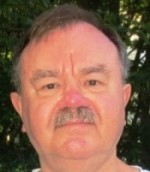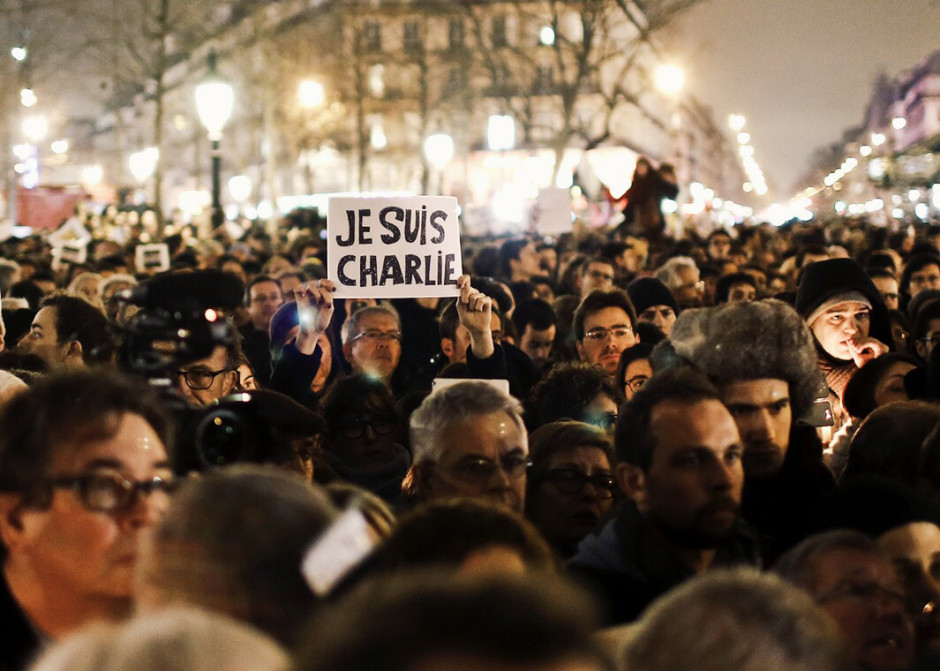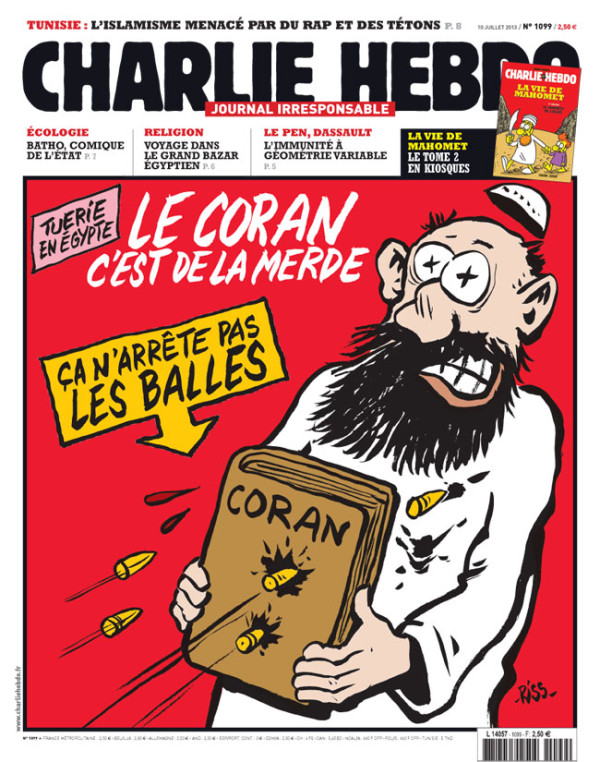The three days of terror in Paris are over.
The gunmen who murdered 12 people at the satirical magazine Charlie Hebdo, the brothers Cherif and Said Kouachi, French citizens of Algerian Muslim descent, have been killed by the French police. The victims, mostly journalists, included the Jewish caricaturist Georges Wolinski and two police officers.
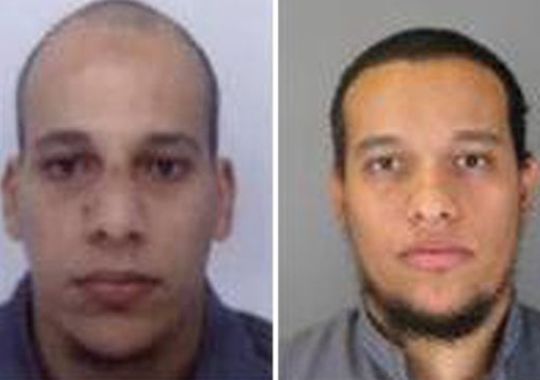
A second suspect, Amedy Coulibaly, who killed another police officer in a separate incident and then held numerous hostages in a kosher supermarket, murdering at least four of them, has also been killed. The president of France, Francois Hollande, called it an “appalling antisemitic act.”
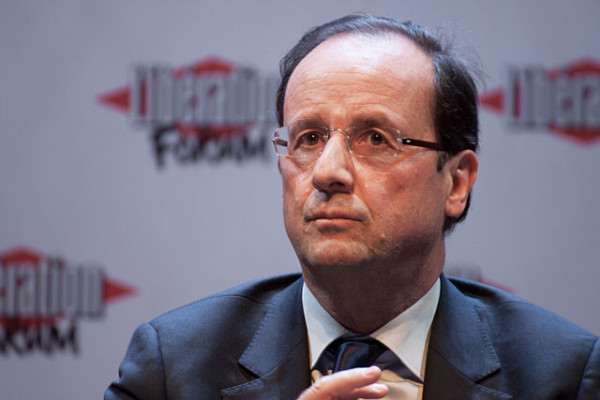
These were not random attacks. Charlie Hebdo was singled out for its satirical attacks on Islamist extremism, while the Jewish store was undoubtedly selected because of the religion of its owner and customers, especially on the day preceding the Jewish sabbath, when there would have been many shoppers inside.
The magazine had already been firebombed in 2011 and had enhanced police protection for awhile — but there is only so much that can be done to guard places against attacks that come without any warning. It is simply impossible to protect everyone at all times, or to keep potential terrorists under surveillance indefinitely.
This will, of course, benefit those on the right in France. Jean-Marie le Pen, the founder of France’s National Front, tweeted an image of his daughter Marine le Pen, now the party’s leader, with the slogan “Keep Calm And Vote Le Pen.”
Marine le Pen remarked that she had been warning of the dangers of Islamist fundamentalism for years. “It is the Islamists who have declared war on France,” she told a French network.
While France’s next presidential election isn’t due until 2017, some polls are already showing Le Pen as the most popular candidate in first round voting.
Why should we be surprised? When a liberal political order cannot protect its citizens, eventually people turn to more drastic measures.
The Charlie Hebdo killers might as well have had signs on their backs reading “We are terrorists.” Both were known to the authorities and indeed, one had already served time in prison.
They were on an American “no-fly” list. Yet nothing could be done until their massacre at the magazine. In the end, they were killed anyway.
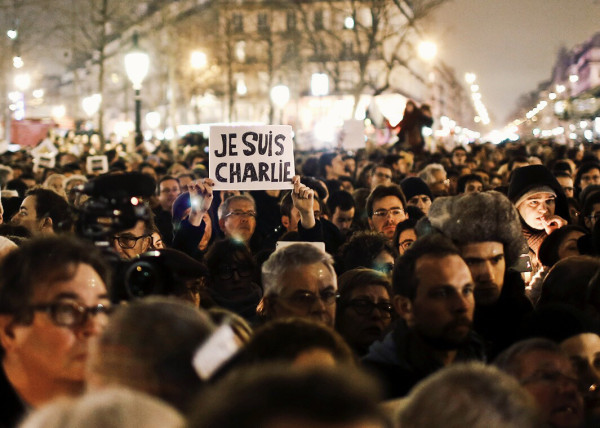
It’s all well and good to worry about “Islamophobia,” but this kind of thing can’t just keep going on, whether in stores, offices, cafés, train stations, and so on. Vigilance can only take you so far.
Constitutional protections may end up victims of enhanced security measures, with civil liberties falling by the wayside. And a frightened public won’t care.
That kind of thing happened in South America in the 1960s-70s, when radical left groups were kidnapping and killing people. As society became ever more destabilized, eventually a full scale coup, and the complete loss of civil liberties, was the result, in countries like Argentina and Uruguay.
So over-solicitous liberal worries about “rights” may, ironically, end “rights” for everyone. We must find some middle ground.
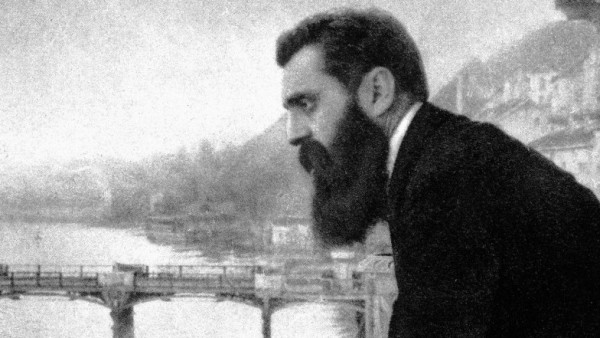
Meanwhile, the exodus of French Jews — some 10,000 left the country, mainly for Israel and Quebec, last year — will continue. During the Paris hostage standoffs, police warned some identifiably Jewish shops to lock their doors.
Theodor Herzl became a Zionist after covering the Dreyfus case in the 1890s. He’d come to the same conclusions today.
Henry Srebrnik is a professor of political science at the University of Prince Edward Island.
